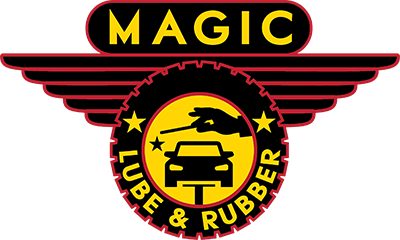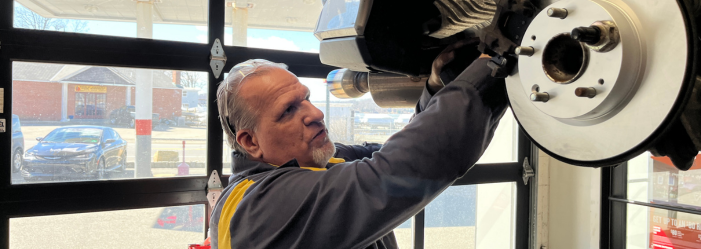The Most Ignored Safety System in Your Car
Brake Fluid:

Shawn Gilfillan is the dedicated owner of Automotive Magic in Kenvil, NJ. With over two decades of experience, Shawn has led his team in providing expert auto repair and service since 2003.
In 2022, Magic Lube & Rubber was born in Lake Hopatcong, NJ. Committed to fostering strong community ties and supporting team development, Shawn prioritizes customer satisfaction above all. As a proud family man and long-time resident of Roxbury, NJ, Shawn brings a blend of professionalism and warmth to his business.
Trust Shawn and his team for all your automotive needs with confidence and assurance.

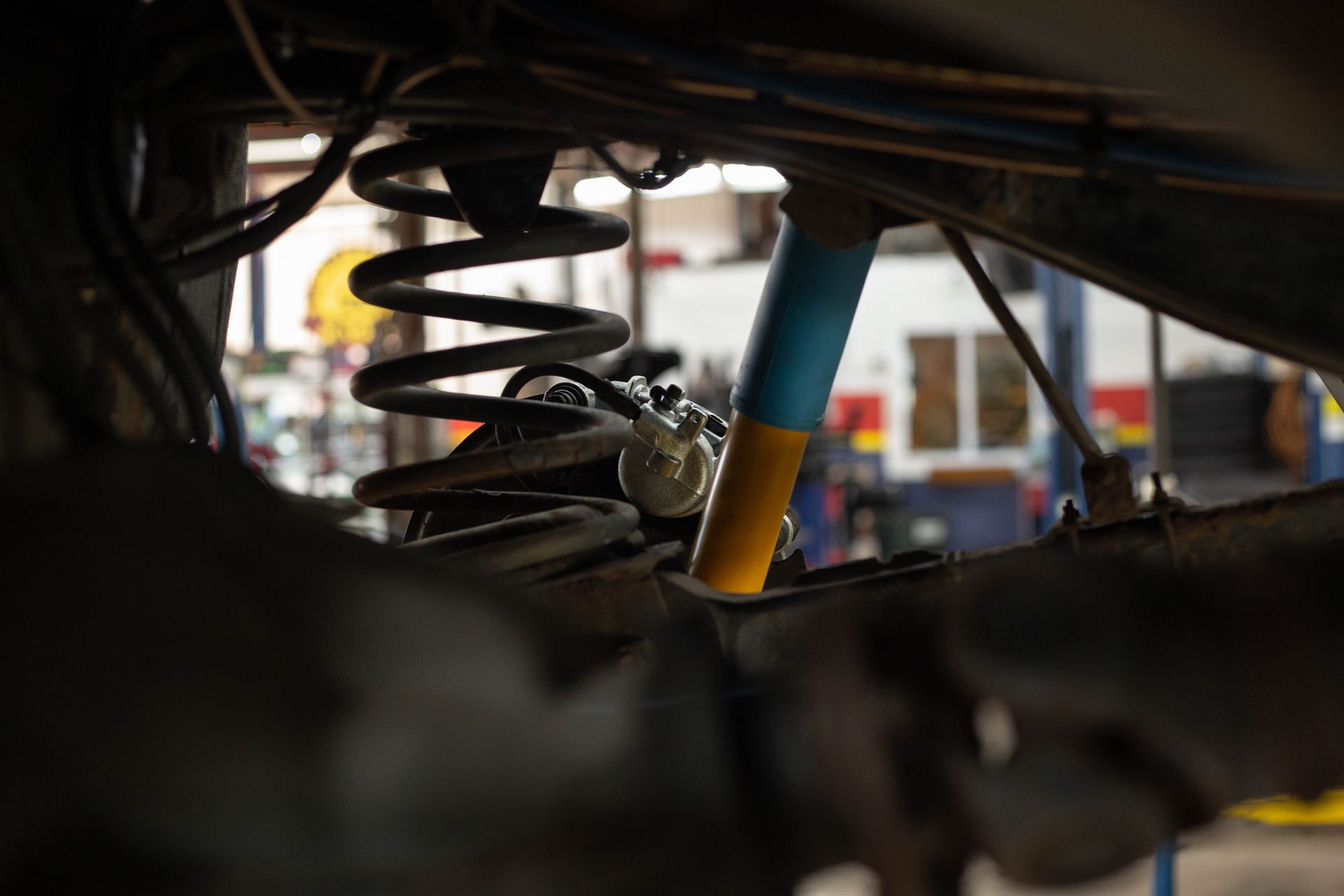

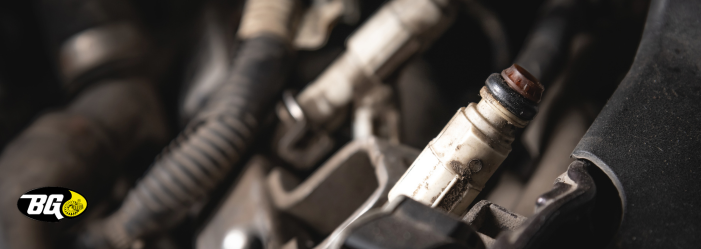



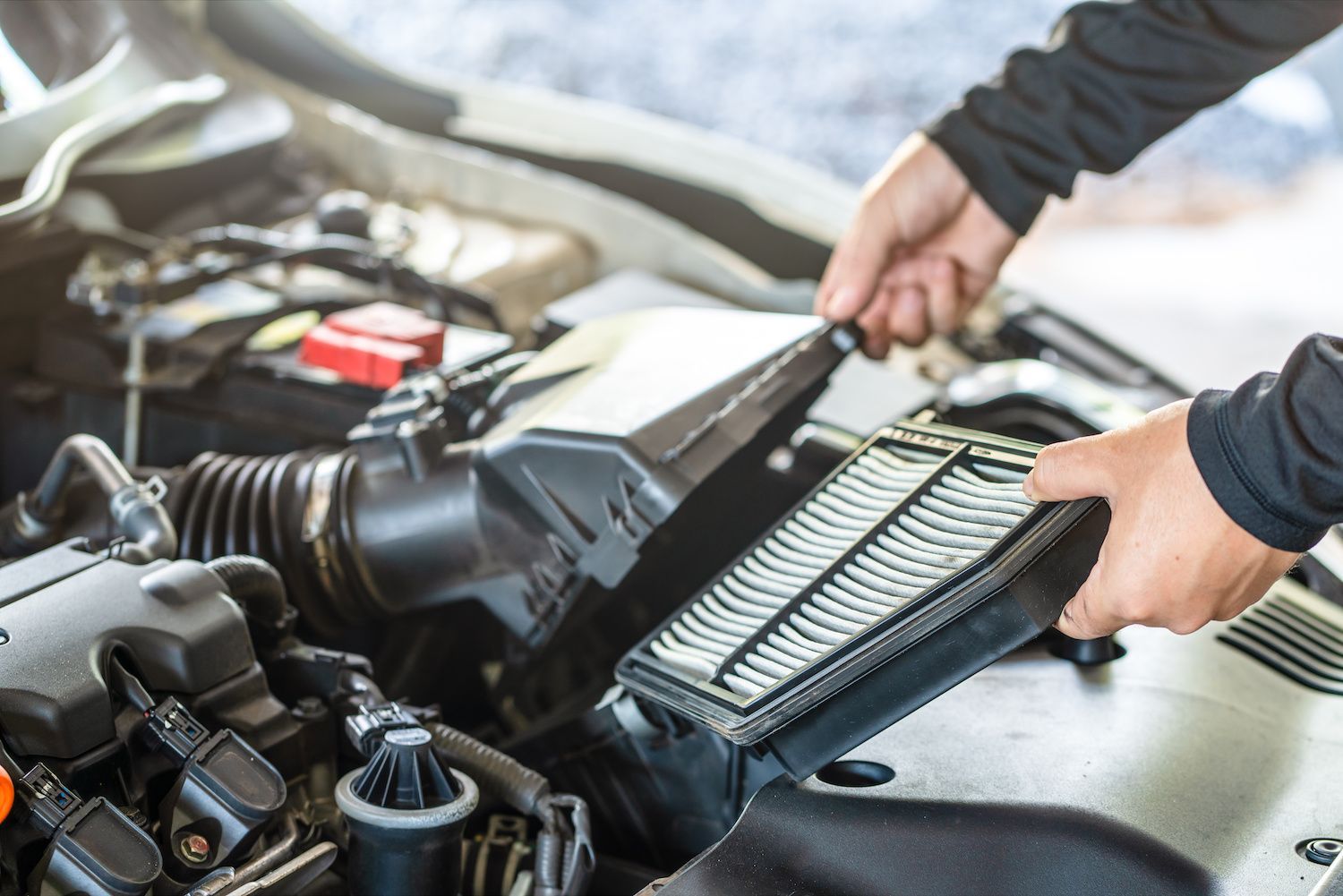
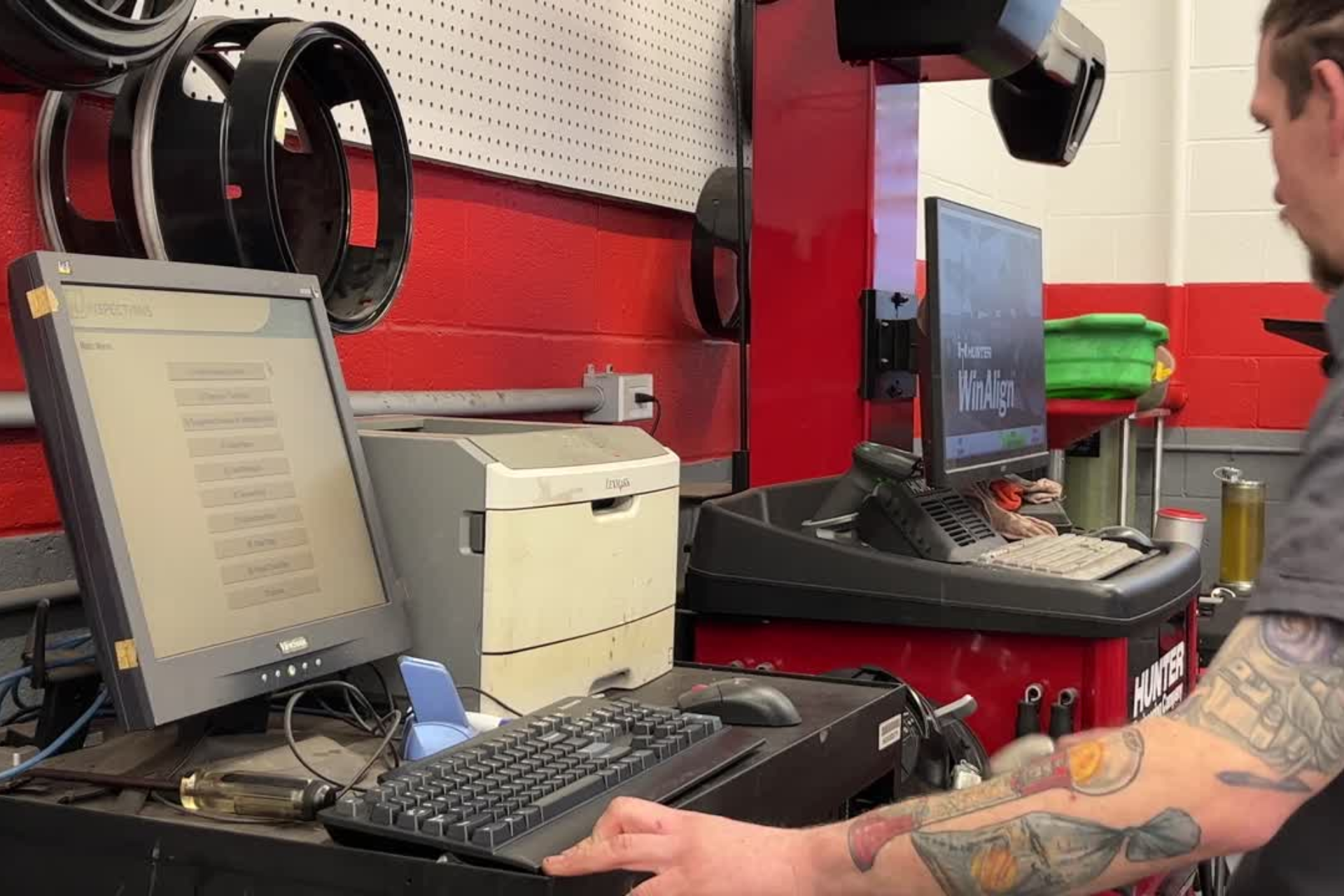
Expert Tire, Oil, and Alignment Services at Magic Lube and Rubber
Magic Lube & Rubber
Mon - Fri 8 AM - 5 PM, Sat 8 AM - 4 PM
Services
List of Services
-
Tire ServicesTire Services
-
Oil Change ServicesOil Change Services
-
Vehicle InspectionsVehicle Inspections
-
AlignmentsAlignments
-
Preventative MaintenancePreventative Maintenance
-
Battery Checks and ReplacementsBattery Checks and Replacements
-
Brake ServicesBrake Services
-
Air Filter ReplacementAir Filter Replacement
List of Services
-
Tire ServicesTire Services
-
Oil Change ServicesOil Change Services
-
Vehicle InspectionsVehicle Inspections
-
AlignmentsAlignments
-
Preventative MaintenancePreventative Maintenance
-
Battery Checks and ReplacementsBattery Checks and Replacements
-
Brake ServicesBrake Services
-
Air Filter ReplacementAir Filter Replacement
Services
List of Services
-
Tire ServicesTire Services
-
Oil Change ServicesOil Change Services
-
Vehicle InspectionsVehicle Inspections
-
AlignmentsAlignments
-
Preventative MaintenancePreventative Maintenance
-
Battery Checks and ReplacementsBattery Checks and Replacements
-
Brake ServicesBrake Services
-
Air Filter ReplacementAir Filter Replacement
List of Services
-
Tire ServicesTire Services
-
Oil Change ServicesOil Change Services
-
Vehicle InspectionsVehicle Inspections
-
AlignmentsAlignments
-
Preventative MaintenancePreventative Maintenance
-
Battery Checks and ReplacementsBattery Checks and Replacements
-
Brake ServicesBrake Services
-
Air Filter ReplacementAir Filter Replacement




© 2024 Magic Lube & Rubber. All Rights Reserved | Website managed by Shopgenie
